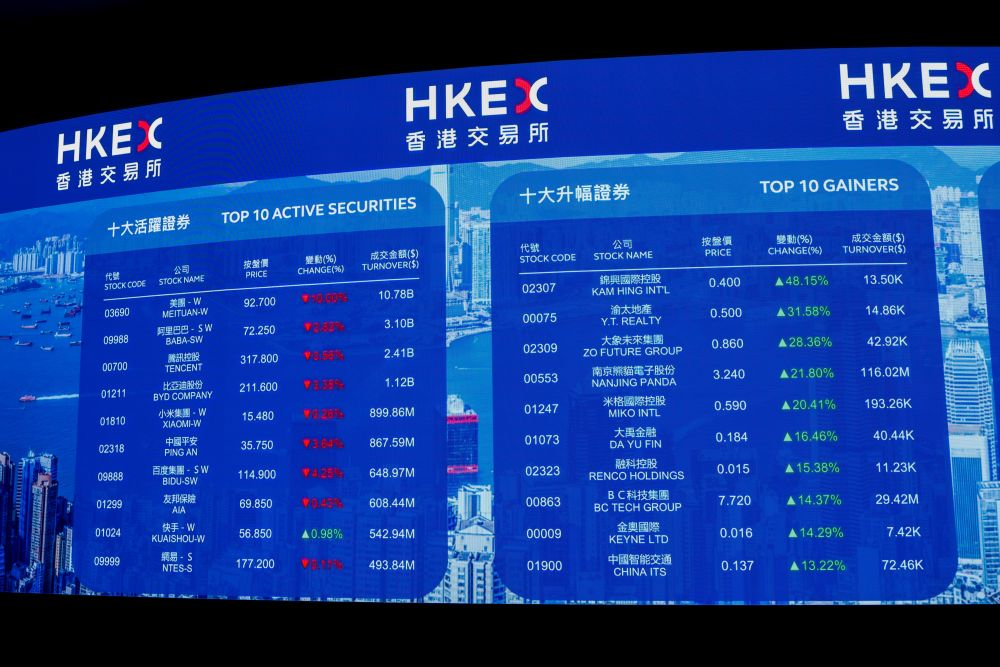
Despite travel restrictions imposed by governments across Asia in 2020, cross-border capital inflows into China have not slowed, and the opening-up of the country’s derivatives market has further paved the way for foreign investors to access its bond markets.
“China demonstrated its resilience this year during Covid-19, and overseas investors are keen to increase investments into China,” says Sophia Chung, HSBC China’s head of securities services, in an interview with The Asset. “In the first five months, six foreign investors obtained QFII [qualified foreign institutional investor] licences from the China Securities Regulatory Commission, compared with eight investors approved in 2019.”
For international investors with renminbi exposure, derivatives serve as an effective hedging tool for their bond investments. "While foreign investment is growing, investors also need risk management tools in China, especially in FX [foreign exchange],” Chung adds.
Currently, foreign banks or institutional investors are allowed to access the onshore CNY market directly by obtaining China Foreign Exchange Trade System (CFETS) membership, or indirectly through their onshore bank counterparties. In the past, foreign investors were only able to access the offshore renminbi (CNH) market.
The FX exposure, according to the State Administration of Foreign Exchange, should correlate with the fixed-income exposure in terms of principal, coupon, or market value.
On top of FX risk, international investors are now able to hedge their interest rate using interest rate swaps (IRS) in the China Interbank Bond Market (CIBM). In early 2020, HSBC China facilitated the first IRS trade by overseas institutional investor via the central counterparty clearing model in the CIBM for Dymon Asia Capital. HSBC acted as the counterparty and bond settlement agent for the transaction. Bank of Communications provided the clearing service to Dymon Asia for the trade.
On March 23, CFETS officially allowed loan prime rate (LPR)-linked interest rate option trading to major financial institutions like banks, securities firms, and private fund companies. Available options include both call and put with tenors of one and five years. As of the end of May, regulators have given the green light to 118 financial institutions for interest rate option trading, with 138 completed transactions at a total notional value of 31.2 billion yuan.
Bond futures are another hedging tool for Chinese government bonds. On March 1, China Financial Future Exchange officially allowed commercial banks to participate in the bond future market, which is dominated by securities firms. Foreign investors are now only able to indirectly access this market through their onshore counterparties like brokers or banks.
To simplify documentation and attract foreign participation, the People’s Bank of China in February allowed overseas financial institutions to use agreements made by the International Swaps and Derivatives Association to access the China derivatives market. In the past, foreign financial institutions wishing to trade derivatives were required to sign agreements with the National Association of Financial Markets Institutional Investors or the Securities Association of China.
As of the end of June, over 900 overseas investors from 60 countries and territories have entered the CIBM, with a total of 2.6 trillion yuan, according to China Central Depository and Clearing. Currently, foreign holdings account for just 2.4% of the total bond market.
“With the potential inclusion of Chinese bonds into more global indices,” Chung states, “we expect the momentum of foreign entry to further continue, and diversified derivatives will make it easier and safer for them to invest.”









